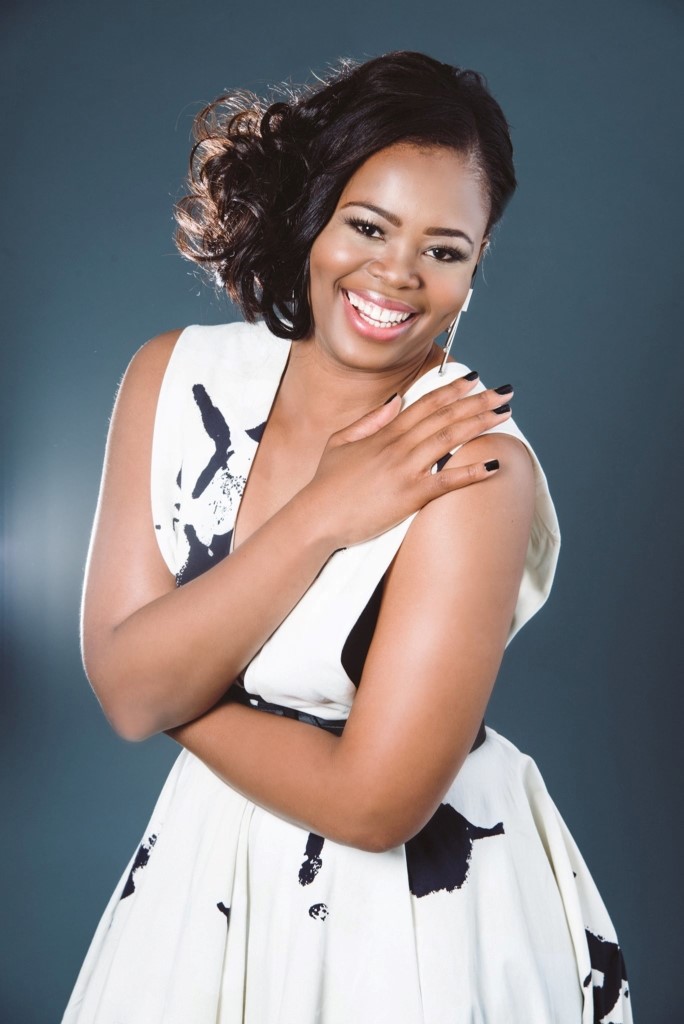 Switzerland Schumann, Donizetti, Tosti, R. Strauss, J. Strauss II: Pretty Yende (soprano), Michele D’Elia (piano), Opernhaus, Zurich, 27.11.2019. (CCr)
Switzerland Schumann, Donizetti, Tosti, R. Strauss, J. Strauss II: Pretty Yende (soprano), Michele D’Elia (piano), Opernhaus, Zurich, 27.11.2019. (CCr)

Robert Schumann – ‘Der Nussbaum’ Op.25/3, ‘Mein schöner Stern’ Op.101/4, ‘Widmung’ Op.25/1, ‘Schmetterling’ Op.79/2, ‘Loreley’ Op.53/2, ‘Aufträge’ Op.77/5, ‘Waldgespräch’ Op.39/3
Donizetti – ‘Il barcaiuolo’, ‘La conocchia’, ‘Le crépuscule’, ‘Que n’avons nous des ailes’ (from Lucie de Lammermoor); ‘Aprile’, ‘Ideale’, ‘Malià’
Richard Strauss – ‘Zueignung’ Op.10/1, ‘Kling!’ Op.48/3, ‘Allerseelen’ Op.10/8, ‘Ständchen’ Op.17, ‘Ich schwebe’ Op.48/2, ‘Cäcilie’ Op.27/2
Johann Strauss II – ‘Csárdás’ (‘Die Klänge der Heimat’ from Die Fledermaus)
How German does a Liederabend – an evening of art songs – need to be? The soprano Pretty Yende’s answer to this question was apparently ‘very’, given her programme of seven songs from Robert Schumann, six by Richard Strauss, an aria from Johann Strauss II’s Die Fledermaus. For her audience in German-speaking Switzerland, the few French works were by Donizetti, only one of them an aria, and the three more Italian songs were by Paolo Tosti, the fin de siècle Neapolitan composer of lighter, classical/folk music hybrids. How welcome it was to hear such rich but niche repertoire from a soprano of growing operatic acclaim.
There are sometimes Liederabende twice this long – three dozen songs or more is common – and those asking to be acclaimed in this most intimate field-within-a-field of classical singing would ambitiously commit their lyrics to memory, unlike Yende. Yet the artist is young (34), and she is a busy singer for a growing number of houses in a growing number of roles, so one can forgive her the tether she kept to the sheet music. It didn’t make a difference, anyway. Yende – as opposed to say, the recent recital of soprano Angela Gheorghiu – didn’t ever give the impression that the score under her nose was subtracting from the artistic power of her performance.
Other things did. Yende’s French was her weakest language of the three, and in Donizetti’s strophic song ‘Le crépuscule’ (‘Twilight’, which included a lengthy, often-cut piano opening that exhibited the great artistry and care of her accompanist Michele D’Elia), she struggled with the vocal high-wire act of mixing ecstatic piano head notes in the chorus with the propulsive forte bursts of the verses. The effect was slightly harsh and sharp. Her voice is not free of tension when crescendos accompany ascending pitches, and the Donizetti songs ‘La conocchia’ (a weaver girl drops her spindle and watches the boy she likes pick it up) and ‘Il barcaiuolo’ (a barcarolle if there ever was one) gave her headaches in the in-between lyricism of lesser lines of text. Little arches fell.
That Yende’s Italian set was conservatively ornamented could be understood in reference to the rest of her programme, such beautiful German Lieder, for which ornamentation might be said to take place not in little wispy extra notes and flourishes, but rather squarely within the telling of the text. Yende’s German was splendid; she opened the evening with Schumann’s sentimental jewel of a song ‘Der Nussbaum’, and immediately established a sensitivity of sound, perfectly balancing vibrato and the crisp text of storytelling, that she maintained throughout the set.
Indeed, her entire Schumann programme showed a mastery of something so central to singing Lieder: finding just the right moments and vowels onto which to hang conspicuously artful singing, and otherwise appearing to be a simple orator, one whose sole wish is to tell a riveting story. Would that her Richard Strauss set had been the same; ‘Ich schwebe’ came out mushy and ‘Ständchen’ somewhat squat.
More important than all of this is the simple fact that Yende’s voice is capable of rapturous beauty. She has a moving, direct freshness in her lowest register. Her Schumann ‘Schmetterling’ (‘Butterfly’) demonstrated her great coloratura agility, which should only continue to improve in time. The top of her voice can flip from soubrette-light to a darker, warmer timbre within a line of text. And when she gets going, the mature, plaintive richness of her wide-open head notes points to a generational talent.
Speaking of agility, speaking of when she gets going, penny-wise Swiss audiences will often refuse to go home until they have extracted at least three encores from their soloist; Yende gave them five. Dispensing with Lieder and following on her excellent programme closer of the ‘Csárdás’ aria from Die Fledermaus (‘Klänge der Heimat’), she went straight for the good stuff: her bonus track 2 of 5, for example, was ‘Una voce poco fa’, the Rossini aria that once led the composer to quip ‘Nice aria, who composed it?’ when Adelina Patti ornamented it beyond recognition.
Sung by Yende, the Rossini and the other encore numbers were like a dinner party that serves a vintage Margaux just after guests have finished the main course, almost as an afterthought, as if daring us to leave the party sober. You’ve never heard a Rosina vow ‘vincerò’ with such pitying snark; you’ve never heard such unctuous ornamentation. She escalated with the campy Broadway number ‘Art is Calling for Me’ and brought down the house – not just through her (glorious) vocal hijinks but through her now fully unveiled lustre as an actress, burnishing every inch of the song. It pays to accompany Yende on her voyage to mastery; she’s so far along that it’s a terribly exciting question where she’ll go next.
Casey Creel
Pretty Yende repeats this recital in the Barbican Hall on 25 November – for details of that and the remaining dates of her tour click here.
